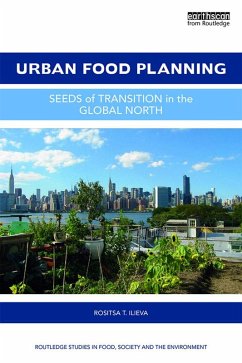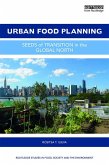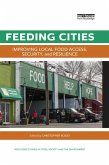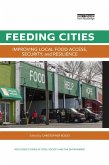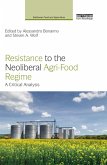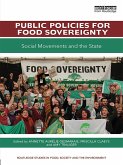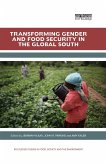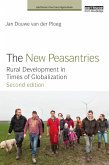This highly original work examines the rise of the urban food planning movement in the Global North and provides insights into the new relationship between cities and food which has started developing over the past decade. It sheds light on cities as new spaces for food system innovation and on food as a tool for sustainable urban development. Drawing insights from the literature on socio-technical transitions, the book presents examples of pioneering urban food planning endeavours from North America and Western Europe (especially the Netherlands and the UK). These are integrated into a single mosaic helping to uncover the conceptual, analytical, design, and organizational innovations emerging at the interface of food and urban policy and planning. The author shows how promising "e;seeds of transition"e; to a shared urban food planning agenda are in the making, though the urban food planning niche as a whole still lacks the necessary maturity to lastingly influence mainstream planning practices and the dominant agri-food system regime. Some of the strategic levers to cope with the current instability and limitations of urban food planning and effectively transition it from a marginal novelty to a normalized domain of policy, research, and practice are systematically examined to this end. The conclusions and recommendations put forward have major implications for scholars, activists, and public officials seeking to radically transform the co-evolution of food, cities, and the environment.
Dieser Download kann aus rechtlichen Gründen nur mit Rechnungsadresse in A, B, BG, CY, CZ, D, DK, EW, E, FIN, F, GR, HR, H, IRL, I, LT, L, LR, M, NL, PL, P, R, S, SLO, SK ausgeliefert werden.

